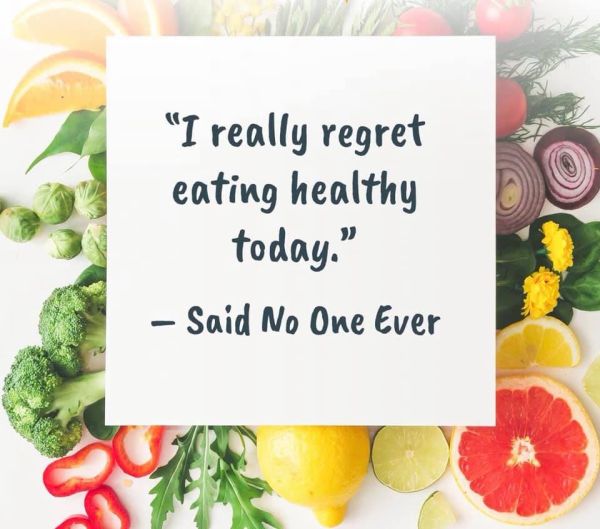Candida & endometriosis
A number of women have had success in dealing with their endometriosis by following a diet regime that is designed to deal with Candida Albicans.
There is much speculation that there is a link between Candida and endometriosis. The foods that should be eliminated in a diet for Candida are very similar to the foods that should be eliminated to deal with endometriosis. There are a few variations but the basics are the same.

For Candida, avoiding all forms of yeast forming foods, fermented foods, and mould foods is essential, as these will all help to feed the Candida yeast over-population. Candida albicans yeast normally lives harmlessly in the gastrointestinal tract and genito-urinary areas of the body. But, Candida may infect virtually any part of the body.
The most commonly involved sites include the nail beds, skin folds, feet, mouth, sinuses, ear canal, belly button, oesophagus, intestine, vaginal tract and urethra. Candida also infects deep internal organs, which sometimes results in serious disease. Likely sites of infection include the thyroid and adrenal glands, kidneys, bladder, bowel, oesophagus, uterus, lungs and bone marrow.
In the past, Candida infection was regarded as a woman’s problem because of its connection to a vaginal yeast infection. Today, we know that both men and women are equally likely to develop Candida.
Candidiasis is really a state of inner imbalance, not a germ or bug. When immunity and resistance are low, the body loses its intestinal balance and Candida yeasts multiply too rapidly, voraciously feeding on sugars and carbohydrates in the digestive tract.
It is probably caused by a compromised immune system especially when the bodies natural defences are low. . Unless the body’s weakened defences are given assistance, Candida colonies will flourish throughout the body and keep releasing toxins into the bloodstream.
Lifestyle factors that promote Candida infection
- Poor diet - especially excessive intake of sugar, starchy foods, yeasted breads and foods high in chemicals
- Repeated use of antibiotics - long-term use of antibiotics kill protective bacteria (that keep Candida under control).
- Hormone medications like cortico-steroid drugs and birth control pills.
- A high stress life, too much alcohol, too little rest.
Symptoms of Candida
- recurrent digestive problems, gas, bloating or flatulence
- rectal itching, or chronic constipation alternating with diarrhoea
- a white coating on your tongue (thrush)
- unusually irritable or depressed, unexplained frequent headaches, muscle aches and joint pain
- feel sick all over, yet the cause cannot be found.
- chronic vaginal yeast infections or frequent bladder infections
- psoriasis, eczema or chronic dermatitis
- catching frequent colds that take many weeks to go away
- oversensitive to chemicals, tobacco, perfume or insecticides. Crave sugar, bread or alcoholic beverages
- Fatigue and tiredness
Treating candida
There are a number of supplements on the market designed specifically to treat candida but you can also use individual supplements that can help. As mentioned earlier you need to omit foods that feed the candida like yeast foods and fermented foods.
Supplements that can help Candida include:
Aloe vera juice - which can be taken a couple of times a day
Garlic (1) - which is a well known antifungal and can act against the candida overgrowth
Coconut oil (2) - Coconut oil is high in lauric acid, which has been shown to fight Candida infections in multiple test-tube studies
Probiotics (3) - which help to balance intestinal flora of the gut and reduce the bad gut flora that feeds the candida
Candida Diet and endometriosis success
As we know, endometriosis is often related to other health issues and here is a story from Stacy who discovered she had a problem with Candida. When she changed her diet to help with Candida her symptoms of pain with endometriosis improved greatly.
This
is Stacey’s story ….
I Finally Found Relief! I am 26 years old and have been suffering from
endometriosis for as long as I can remember. My first period (when I was 14)
started off horrid, it was 7 days long with heavy bleeding and horrible cramps.
I have had multiple surgeries, 3 in the past 2 years alone, and even tried the
lupron injections as treatment (which I only tolerated 5 months)
One of my clients was listening to me talk about my addiction to sugar and she suggested that I should look into having an overgrowth of Candida Albicans in my system. I spoke with my acupuncturist, got a nutritionist and began the Candida Albicans diet that is tailored to someone with endometriosis. Within the first week I had NO cramps!!! I have not used a Vicodin in months!
I can't say enough good things about the Candida/endometriosis Diet and would encourage anyone who suffers with endometriosis to switch their lifestyle of eating...it has changed my life for the better. No more pills, surgery, hormones, etc. Oh, and I finally lost the weight that I had gained while being on lupron (I gained a total of 30lbs before I quit weighing myself).
 As featured in:
As featured in:References:





